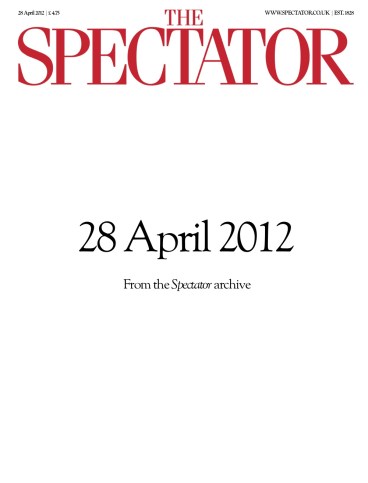Leave those Lords alone
The Joint Committee on the Draft House of Lords Reform Bill could have saved itself a lot of bother if, instead of producing a lengthy report, it had simply quoted the words of Lucius Cary, 2nd Viscount Falkland, in the House of Lords in 1641: ‘When it is not necessary to change, it is necessary


